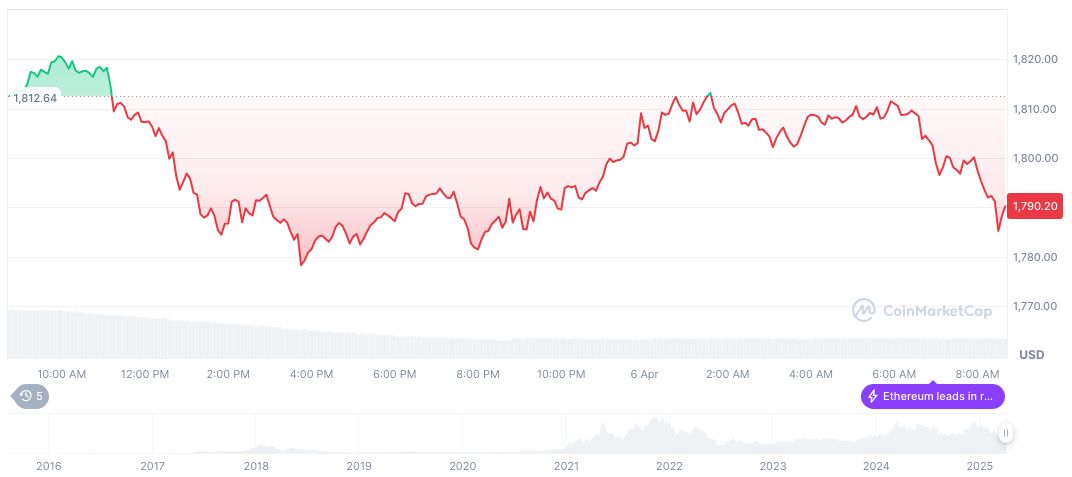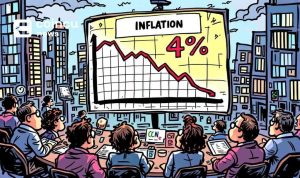- Wall Street leaders express discontent with Trump’s economic strategies.
- 72% disapprove of his policies.
- Dissatisfaction spans tariffs and cryptocurrency management.
Forbes recently conducted an investigation surveying 50 top Wall Street figures about President Donald Trump’s economic policies, revealing significant disapproval.
The findings indicate a broader decline in Wall Street confidence, impacting market strategies and investor sentiment.
Wall Street’s 72% Disapproval Rate of Trump Policies
Forbes surveyed influential Wall Street leaders, discovering that 72% express disappointment with current economic strategies, and 66% no longer support these policies. This shift marks a significant change from their initial support in January 2025.
A notable 54% of previous supporters indicate failure to meet initial promises. Tariff policies, scoring just 1.86 out of 5, highlight the dissatisfaction in trade strategies. Cryptocurrency policies scored 2.00, reflecting a general lack of confidence.
Widespread discontent spans across Trump’s handling of economic issues, with no significant endorsements from high-profile figures. Trade tariffs and an unstable market perception underline growing uncertainty among financial leaders.
Cryptocurrency Concerns and Tariff Policies Remain Contentious
Did you know? Wall Street’s current critique of Trump’s tariff policies mirrors discontent from his first term, reflecting ongoing concerns about trade strategies among financial leaders.
According to CoinMarketCap, the price of Ethereum (ETH) is currently at $1,693.07, with a market cap of $204.31 billion representing 7.89% market dominance. ETH’s price has seen a decline over the last 90 days, dropping by 54.08%, with trading volumes experiencing a 21.47% change.

An investigation found that 72% of Wall Street leaders expressed disappointment with Trump’s current economic strategy. This sentiment aligns with Coincu’s research, highlighting ongoing regulatory challenges in cryptocurrency management due to ambiguous frameworks. The lack of clear guidelines undermines confidence, affecting technological advancements and potential market growth.























